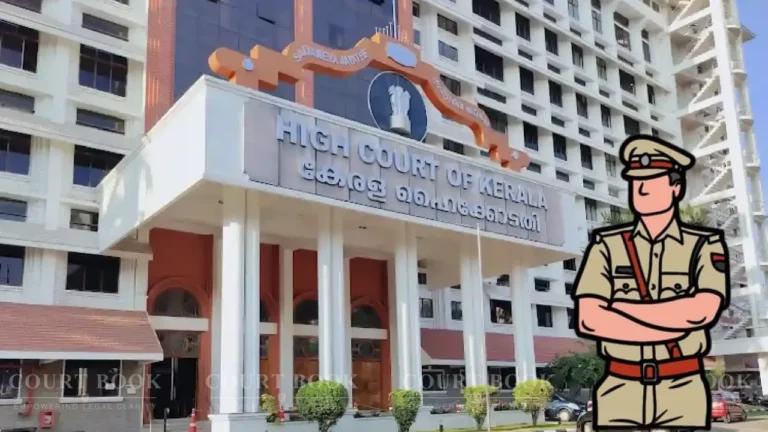The Kerala High Court recently delivered a significant judgment in the case of Sobin P.K. v. State of Kerala and Ors., emphasizing the fundamental right to conduct lawful business under Article 19(1)(g) of the Constitution. The court directed the police to provide protection to a quarry entrepreneur who faced obstruction while attempting to conduct a scientific study for his quarrying operations.
Background of the Case
The petitioner, Sobin P.K., leased land in Kuttamangalam Village, Ernakulam District, for quarrying activities. However, he encountered resistance from local individuals, including the 4th respondent, who allegedly sought to take over the quarry operations. The petitioner claimed that these individuals prevented a technical team from the National Institute of Technology (NIT), Surathkal, from conducting a necessary scientific study.
Read also:- Karnataka HC Hears Plea Against COFEPOSA Detention of Ranya Rao; Board Confirms Order
The dispute escalated when the petitioner and the NIT team were allegedly attacked by the 4th respondent and his associates. Despite filing a police complaint, no action was taken, prompting the petitioner to approach the High Court for relief.
Legal Proceedings and Court’s Observations
The petitioner had previously faced legal hurdles in obtaining quarrying permissions. The Kerala Water Authority (KWA) raised concerns about the proximity of a water tank to the proposed quarry site. A Division Bench of the High Court had earlier ruled that quarrying using explosives within one kilometer of government structures, including water tanks, required prior written permission.
Read also:- Punjab & Haryana High Court Slams Advocate with Contempt Notice for Threatening Judges!
Subsequently, the petitioner arranged for a scientific study by the Geological Survey of India (GSI), which concluded that the quarry site was suitable for operations, with minimal landslide risks. However, further studies were needed to assess the impact on the nearby water tank. When the petitioner engaged NIT Surathkal for this purpose, the 4th respondent obstructed the process.
Justice N. Nagaresh observed:
“In our country governed by Rule of Law, every citizen has a right to do any business or pursue any avocation permissible under law, following the provisions of law. Whether such an avocation/business is to be permitted or not, is for the competent authorities under the State to decide.”
Read also:- SC Upholds Allahabad HC’s 498A Safeguards: No Arrests for 2 Months, Family Welfare Committees to Step In
The court further noted that no individual could take the law into their own hands to obstruct lawful activities. Justice Nagaresh stated:
“If the 4th respondent uses physical force, the police authorities are bound to protect the petitioner as long as the activity is not prohibited by law, the failure of which will offend the fundamental right of the petitioner guaranteed under Article 19(1)(g) of the Constitution of India.”
The High Court disposed of the writ petition, directing the Station House Officer of Oonnukal Police Station and the Deputy Superintendent of Police to provide adequate protection to the petitioner and the NIT team for conducting the scientific study. This ruling reinforces the principle that lawful business activities must be safeguarded against unlawful interference.
Case No.: WP(C) No. 24802 of 2024
Case Title: Sobin P.K. v. State of Kerala and Ors.
For Petitioner: Vijay Sankar V.H., Mintu Cheriyan
For Respondents: P.M. Joshi, Peeyus A. Kottam, Siji K. Paul, Bonny Baby, Sruthi Sunilkumar, C. Gokulkrishnan, V.V. Joshi; Dheeraj A.S. (Government Pleader)














